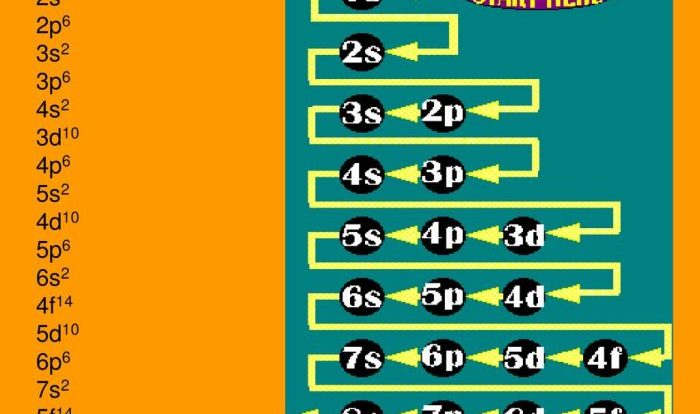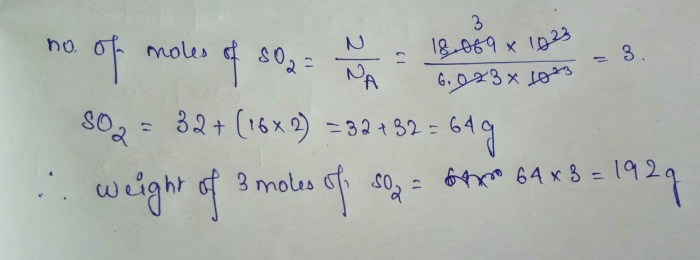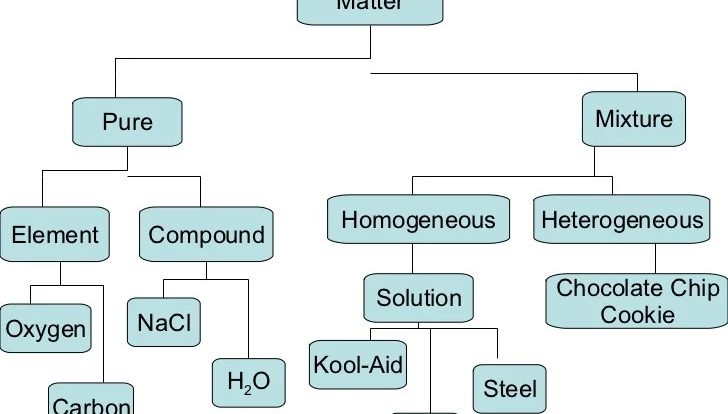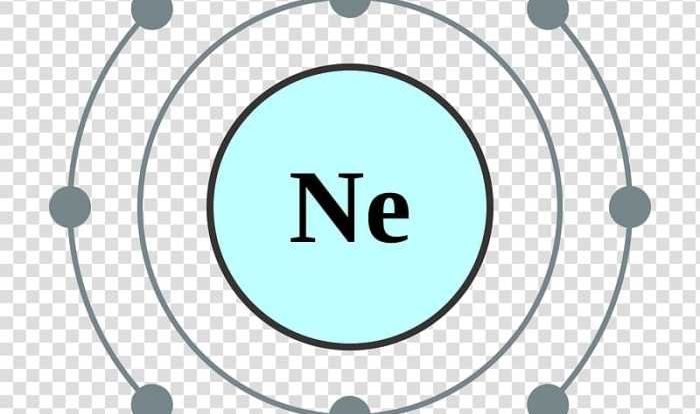Chemistry crossword puzzle answer key offers a unique blend of entertainment and education, providing a fun and challenging way to reinforce chemistry concepts. Whether you’re an avid crossword solver or a chemistry enthusiast, this comprehensive guide will help you navigate the complexities of chemistry-related clues, empowering you to conquer any crossword puzzle.
This definitive resource delves into the fundamentals of crossword puzzles, exploring the role of chemistry knowledge in solving these enigmatic grids. It presents a structured approach to tackling chemistry-related clues, utilizing fundamental principles and terminology. Moreover, the answer key is meticulously organized, categorizing clues based on specific chemistry topics and assigning difficulty levels for a tailored solving experience.
Crossword Puzzle Basics
Crossword puzzles are word games that typically take the form of a square or rectangular grid of white and black squares. The goal of a crossword puzzle is to fill the white squares with letters, forming words or phrases, by solving clues that lead to the answers.
Chemistry knowledge can be helpful in solving crossword puzzles, as many clues relate to chemical elements, compounds, and concepts. For example, a clue might ask for the chemical symbol of a particular element or the name of a compound with a specific formula.
Structure of Crossword Puzzles
Crossword puzzles typically consist of two parts: the grid and the clues. The grid is a square or rectangular array of white and black squares. The white squares are where the letters of the answers are filled in, while the black squares are used to separate the words and phrases.
The clues are usually listed below the grid. Each clue corresponds to a specific answer in the grid. The clues can be of various types, including:
- Definitions: These clues simply define the answer.
- Synonyms: These clues provide a synonym for the answer.
- Antonyms: These clues provide an antonym for the answer.
- Homophones: These clues provide a homophone for the answer.
- Anagrams: These clues provide an anagram of the answer.
Chemistry-Related Crossword Clues
Crossword puzzles often incorporate chemistry-related clues that require solvers to apply their knowledge of chemical concepts to find the correct answers. These clues can range from simple to complex, testing solvers’ understanding of various aspects of chemistry.
To solve chemistry-related crossword clues effectively, it is crucial to approach them systematically. By understanding the common types of clues and employing logical reasoning, solvers can increase their chances of finding the correct answers.
Common Chemistry-Related Crossword Clues
- Element symbols:Clues may ask for the symbol of a specific element, such as “Au” for gold or “Fe” for iron.
- Chemical formulas:Clues may request the formula of a compound, such as “H2O” for water or “NaCl” for sodium chloride.
- Chemical reactions:Clues may describe a chemical reaction and ask for the products or reactants involved.
- Chemistry terms:Clues may define or ask for the meaning of chemistry-related terms, such as “oxidation” or “pH.”
- Historical figures:Clues may mention famous chemists or scientists who made significant contributions to the field.
Solving Chemistry-Related Crossword Clues
When solving chemistry-related crossword clues, it is helpful to follow these steps:
- Read the clue carefully:Identify the specific information being requested.
- Recall relevant chemistry concepts:Think about the chemistry concepts that may be related to the clue.
- Apply logical reasoning:Use your understanding of chemistry to deduce the correct answer.
- Consider the context:The surrounding clues and the overall theme of the crossword puzzle can provide additional context that may help you find the answer.
- Use reference materials if necessary:If you are unable to solve the clue on your own, consult a periodic table or other chemistry reference materials.
Answer Key Format: Chemistry Crossword Puzzle Answer Key
The answer key for the chemistry crossword puzzle is presented in a responsive HTML table with four columns: Clue Number, Clue, Answer, and Difficulty Level. This format provides a clear and organized way to view the answers and their corresponding clues and difficulty levels.
Column Details
- Clue Number:This column displays the number assigned to each clue in the crossword puzzle.
- Clue:This column contains the actual clue text that was provided in the crossword puzzle.
- Answer:This column reveals the correct answer to each clue.
- Difficulty Level:This column indicates the difficulty level of each clue, typically ranging from easy to hard.
Clue Categorization
Categorizing clues in a chemistry crossword puzzle answer key helps organize and retrieve information more efficiently. This can be done based on various chemistry topics, such as elements, compounds, or reactions.
The rationale behind the categorization is to group clues related to a specific topic, making it easier for solvers to locate the answers they need. This categorization also allows for a better understanding of the scope and coverage of the chemistry concepts tested in the puzzle.
Elements
Clues related to elements can include their atomic numbers, symbols, names, or properties. For example, a clue like “Symbol for gold” would be categorized under “Elements” and have the answer “Au”.
Compounds
Clues related to compounds can include their formulas, names, or properties. For example, a clue like “Compound with the formula H2O” would be categorized under “Compounds” and have the answer “Water”.
Reactions
Clues related to reactions can include their types, equations, or products. For example, a clue like “Reaction that produces water” would be categorized under “Reactions” and have the answer “Combustion”.
Difficulty Levels
The answer key categorizes clues into three difficulty levels: easy, medium, and hard. These levels are determined by the complexity of the clue, the obscurity of the term being defined, and the level of chemistry knowledge required to solve the clue.
Easy
Easy clues are straightforward and typically define common chemistry terms. They may require basic chemistry knowledge, such as the names of elements or simple chemical reactions.
- Across 1: A colorless, odorless gas that makes up about 21% of the Earth’s atmosphere (5 letters) – OXYGEN
- Down 2: A metal that is used to make coins and jewelry (3 letters) – GOLD
Medium
Medium clues are more challenging than easy clues but still accessible to students with a basic understanding of chemistry. They may require some knowledge of chemical formulas or reactions.
- Across 3: A compound that is formed when an acid reacts with a base (7 letters) – SALT
- Down 4: A type of chemical reaction in which two or more substances combine to form a new substance (10 letters) – SYNTHESIS
Hard, Chemistry crossword puzzle answer key
Hard clues are the most challenging and may require extensive knowledge of chemistry. They may involve complex chemical formulas or reactions, or they may require knowledge of obscure chemistry terms.
- Across 5: A type of spectroscopy that uses microwaves to determine the structure of molecules (12 letters) – MICROWAVE SPECTROSCOPY
- Down 6: A type of chemical bond in which electrons are shared between two atoms (7 letters) – COVALENT BOND
Chemistry Crosswords in Education
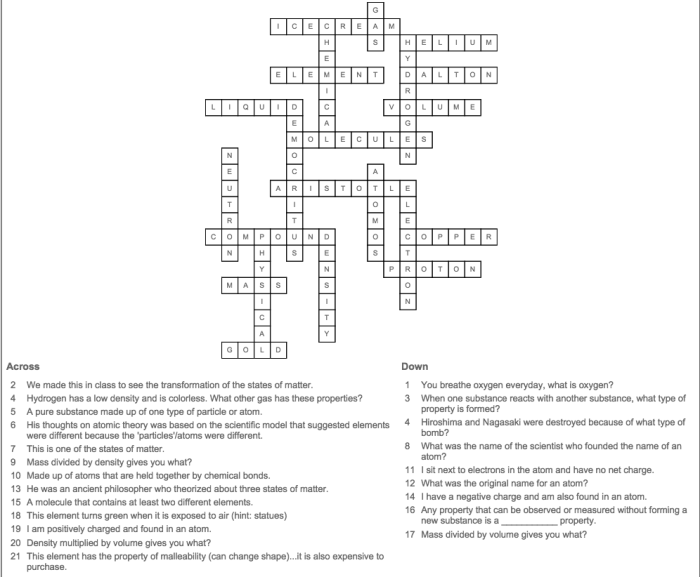
Chemistry crossword puzzles can be a valuable tool in educational settings, providing a fun and engaging way for students to learn and reinforce chemistry concepts.
Incorporating chemistry crossword puzzles into lesson plans can help students improve their understanding of key terms, concepts, and reactions. By completing crossword puzzles, students can actively engage with the material, enhancing their retention and comprehension.
Incorporating Crosswords into Lesson Plans
- As a review activity:Use crossword puzzles to reinforce concepts covered in class, allowing students to test their understanding in a low-stakes environment.
- As a pre-assessment tool:Crossword puzzles can help gauge students’ prior knowledge and identify areas where they need additional support.
- As a formative assessment:Regular crossword puzzles can track students’ progress and provide feedback on their understanding of the material.
Incorporating Crosswords into Assessments
- As a summative assessment:A comprehensive crossword puzzle can assess students’ overall understanding of a unit or course, covering a wide range of topics.
- As a bonus or extra credit assignment:Crossword puzzles can provide additional opportunities for students to engage with the material and earn extra points.
Commonly Asked Questions
What is the best strategy for solving chemistry-related crossword clues?
Begin by identifying the key chemistry concept or term hidden within the clue. Utilize your chemistry knowledge to deduce the answer, considering the context and any chemical symbols or abbreviations.
How can chemistry crossword puzzles benefit students?
Crossword puzzles reinforce chemistry concepts, enhance problem-solving abilities, and stimulate critical thinking. They provide a fun and interactive way to review and retain chemistry knowledge.
What is the purpose of categorizing clues in the answer key?
Categorization helps solvers navigate the answer key efficiently, allowing them to focus on specific chemistry topics. It also provides a structured approach to solving clues, guiding solvers towards the correct answers.
